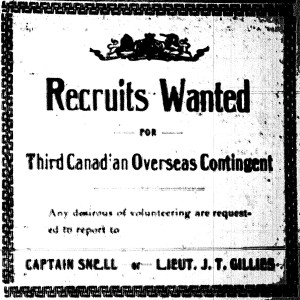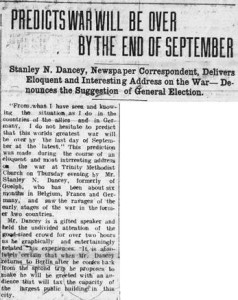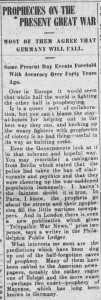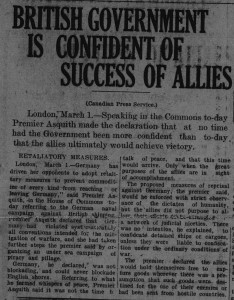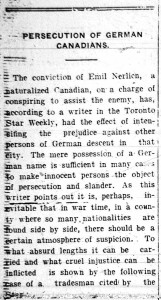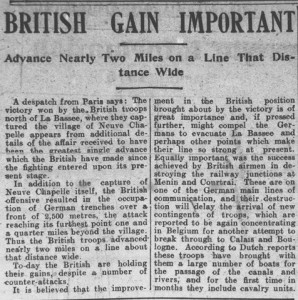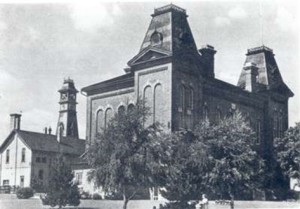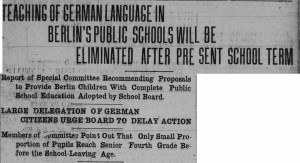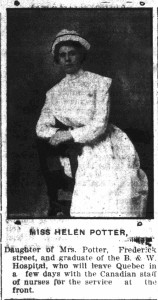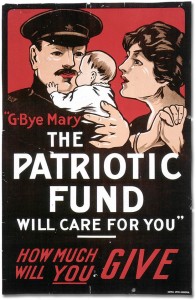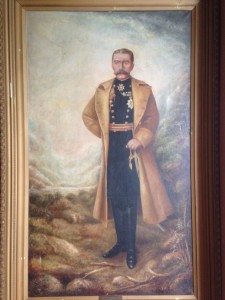The British War Office issued orders that the counties of Oxford, Wellington, Perth, Waterloo, Huron and Bruce contribute recruits to the 34th Battalion.
Galt, within one week, enlisted 135 out of the necessary 200 to fulfill its allotment. Although Waterloo South (which included Galt) was a little smaller than Waterloo North (which included Berlin), they had far greater enlistment numbers for the 34th Battalion in January 1915.
Of the men who enlisted in January and went overseas with the 34th Battalion, three times as many enlisted in Galt than in Berlin. A large reason for this difference was the ethnic makeup of both cities. Berlin was the German capital of Canada, so much of the population was of German descent (either born in Germany or with German ancestry), but of those who enlisted in both Galt and Berlin, over 85% were immigrants from the British Isles. Only 10% identified as being from Canada.
(“Recruiting in Berlin Started on Monday,” Waterloo Chronicle, 14 January 1915.; “Galt Enrolls 135 for 3rd Contingent,” Waterloo Chronicle, 21 January 1915. https://archive.org/details/CEF_34thBattalion_1915; http://www.ogs.on.ca/ogspi/1/1.htm.
Visual: “Recruits Wanted,” Ayr News, 7 January 1915.)